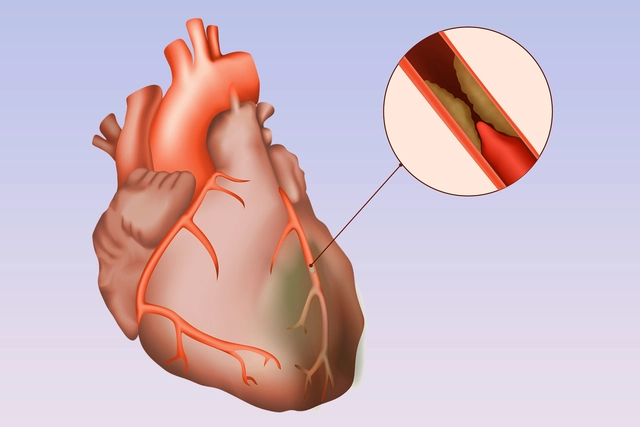Heart Arrhythmias: Causes, Risks, and What You Need to Know
When your heart skips a beat, races too fast, or pounds irregularly, you might be dealing with heart arrhythmias, abnormal electrical signals that disrupt the normal rhythm of the heart. Also known as irregular heartbeat, this condition isn’t always dangerous—but ignoring it can be. Many people brush off fluttering in their chest as stress or caffeine, but some arrhythmias signal something deeper, like heart disease, thyroid problems, or even side effects from medications.
Atrial fibrillation, the most common type of serious arrhythmia, increases stroke risk by five times. It’s not just about feeling your heart race—it’s about blood pooling, clots forming, and silent damage. Then there’s palpitations, the sensation of a pounding, fluttering, or irregular heartbeat, which can be harmless or a warning sign. The line between normal and dangerous isn’t always clear, which is why knowing your symptoms matters. Fatigue, dizziness, shortness of breath, or fainting aren’t just signs of aging—they could be your heart trying to tell you something.
Heart arrhythmias don’t happen in a vacuum. They’re often tied to other conditions: high blood pressure, sleep apnea, diabetes, or even overuse of stimulants like energy drinks or certain cold medicines. Some people develop them after heart surgery or a heart attack. Others have no clear cause at all. That’s why treatment isn’t one-size-fits-all. Medications, lifestyle changes, or even procedures like ablation can help—but only if you understand what’s going on.
Below, you’ll find real, practical guides from people who’ve been there. You’ll learn how to spot dangerous symptoms, what medications can help (and which ones might make things worse), and how to talk to your doctor about your heart rhythm without feeling dismissed. Whether you’re worried about a skipped beat or managing a diagnosed condition, these posts give you the tools to take control—without the jargon.




